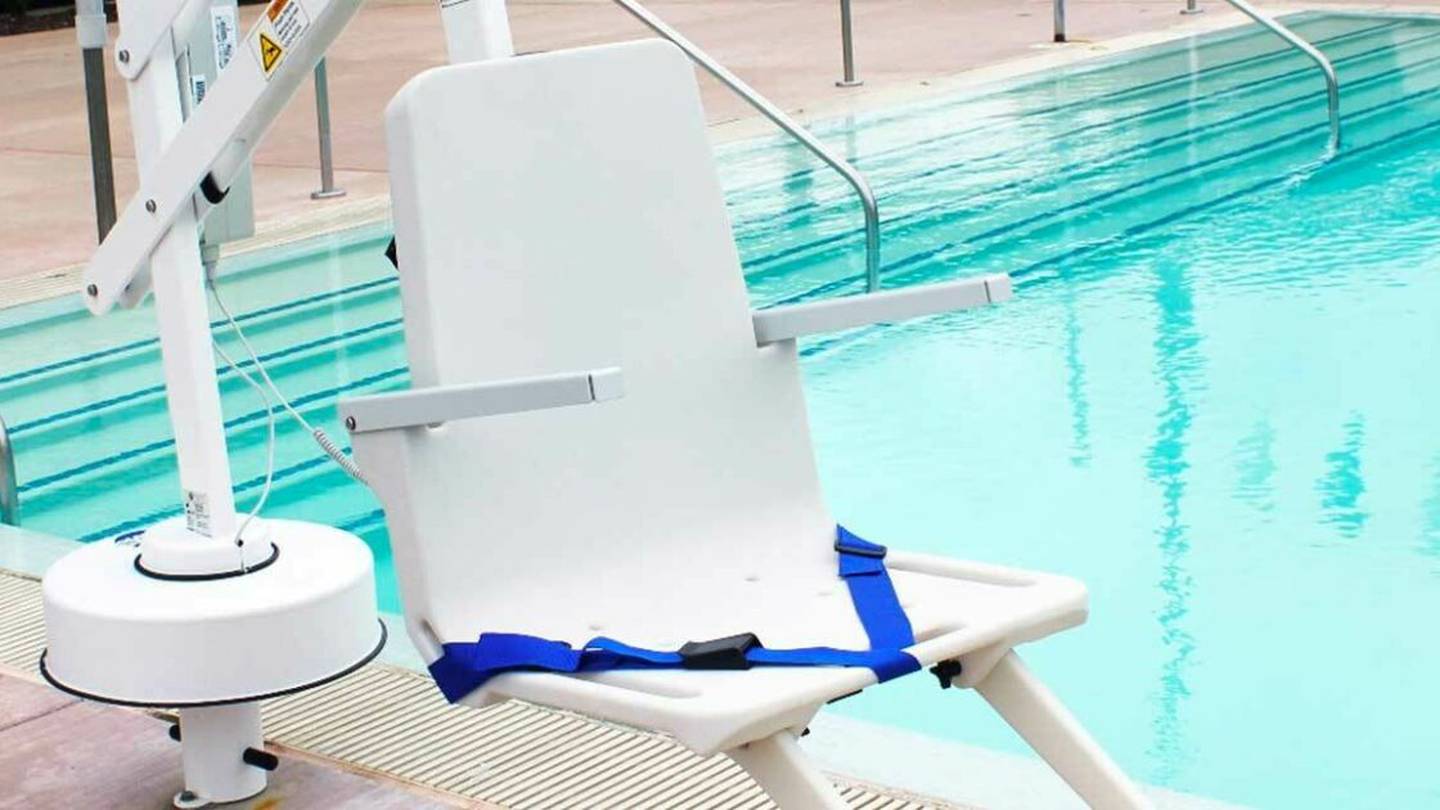The Department of Justice (DOJ) has issued a statement indicating its intention to sue Fitness International LLC, often recognized as LA Fitness, over allegations of discrimination against patrons with disabilities in their gym and fitness club facilities. These allegations are set to take center stage in a filed lawsuit, prompting a serious investigation into the equality of facilities provided by the gym chain.
Central to the lawsuit is the charge that LA Fitness has violated the Americans with Disabilities Act (ADA). The fitness brand allegedly failed to offer equal access to services and facilities for all its members. Furthermore, the complaint suggests the imposition of additional fees on individuals with disabilities, potentially creating further barriers to their access and participation within these environments.
The lawsuit brings to the surface several examples of the obstacles encountered by members with disabilities. For instance, it highlights instances where dysfunctional pool lifts and elevators hindered access. This demoralizing situation forced some members to require assistance, while others had to make their way out of the water themselves. These complications imply not just an inconvenience, but a pressing safety concern for those affected.
Added to this are allegations that LA Fitness imposed extra costs on disabled members, specifically for the services of a personal assistant required to utilize the facilities. This controversial claim strikes at the heart of the ADA mandate, raising questions about the gym’s conformity with the principles of equal access, convenience, and affordability.
Highlighting the gravity of these claims, the Assistant Attorney General Kristen Clarke, hailing from the Justice Department’s Civil Rights Division, drew attention to the importance of physical fitness for all U.S citizens, including those living with disabilities. She cited the ADA as a protective shield for over 30 years, safeguarding the rights of citizens with disabilities to enjoy the same facilities as those without disabilities. Keeping this in mind, she drivenly voiced the Justice Department’s commitment to tear down LA Fitness’s alleged discriminatory barriers through its lawsuit, aiming to guarantee equal access for people with disabilities.
The DOJ hopes for the court to rule in their favor in preventing LA Fitness from levying extra fees from disabled patrons requiring personal assistance. Another crucial expectation is for the fitness organization to make sweeping changes to escalate the accessibility of its facilities and equipment.
Moreover, the DOJ hopes to secure monetary damages for those who have been discriminated against or excessively charged. The call to arms in the pursuit of justice is clear, with the DOJ soliciting for anyone affected by this potential act of discrimination; particularly those who have encountered obstructive features, such as malfunctioning pool lifts or elevators, or excessive charges for assistance in using LA Fitness equipment.
In conclusion, the forthcoming legal battle against LA Fitness leaps to the forefront of the stage, highlighting the essential fight for equal rights and access within the fitness industry. This lawsuit’s outcome could serve as a significant precedent for other fitness organizations, reinforcing their need to adopt and preserve genuinely inclusive practices.




